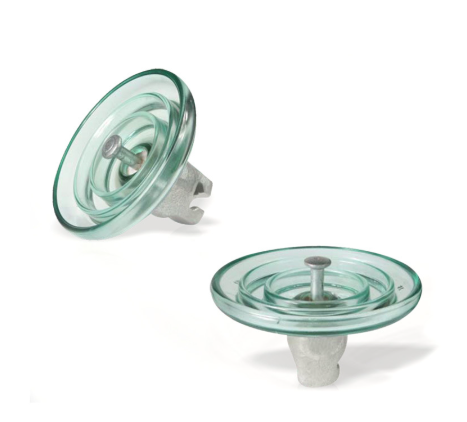
Glass power line insulators are crucial components used in electrical transmission and distribution systems. Their primary function is to support and insulate electrical conductors from the surrounding environment, preventing unwanted electrical currents from leaking into the air or grounding. These insulators are made from high-strength glass, which not only provides excellent insulating properties but also offers durability against harsh weather conditions.
One of the primary advantages of glass power line insulators is their superior dielectric strength. This quality allows them to withstand high voltages without breaking down. The glass material is non-hygroscopic, meaning it does not absorb moisture, which helps maintain its insulating effectiveness even in humid conditions. Furthermore, glass insulators are resistant to UV radiation, ensuring they do not degrade over time when exposed to sunlight.
In addition to their electrical properties, glass insulators are known for their mechanical strength. They can endure significant physical stress, such as wind and ice loading, making them ideal for use in regions prone to severe weather. Unlike porcelain insulators, which can be brittle, glass insulators have a higher tolerance for mechanical impacts, reducing the risk of failure and enhancing overall system reliability.
Maintenance is another key aspect where glass power line insulators excel. Their smooth surface makes it easy to clean off contaminants such as dust, dirt, or bird droppings, which can affect their performance. Regular cleaning can significantly extend the life of these insulators and ensure consistent electrical performance.
The transparency of glass also allows for easy visual inspection. Utilities can quickly identify any cracks or damage, facilitating timely maintenance and replacement. This visibility contributes to enhanced safety measures, as damaged insulators can be replaced before they lead to larger, potentially hazardous issues in the electrical grid.
In summary, glass power line insulators are not just passive components; they are essential for maintaining the integrity and safety of electrical distribution systems. Their superior insulating properties, mechanical strength, and low maintenance requirements make them a preferred choice among electrical engineers and utilities. As the demand for reliable and efficient power transmission continues to grow, understanding the role and benefits of these insulators becomes increasingly important in ensuring the safety and reliability of our electrical infrastructure.
Post time:Sep-25-2020
